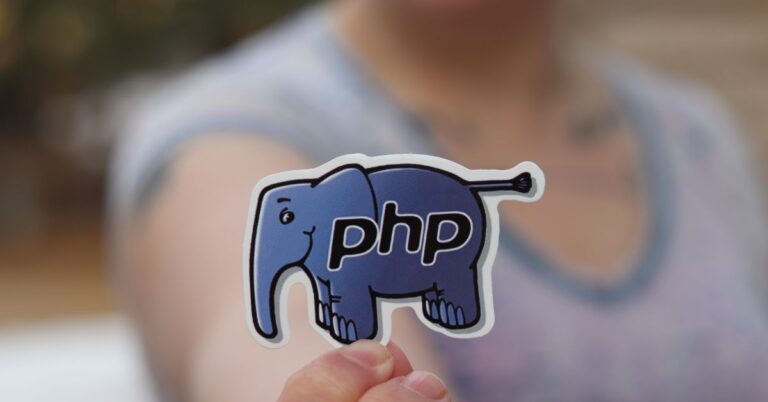PHP Security Tutorials
But PHP is not without its pitfalls. This tutorial will introduce you to the different aspects of PHP’s security and will show you how to avoid common pitfalls when using this language.
What is PHP?
PHP is a popular scripting language used for web development. It is a server-side language that can be used to create dynamic websites and web applications. PHP is easy to learn and use, making it a popular choice for beginners. However, PHP is also a powerful language with many features that can be used to create sophisticated web applications.
Despite its popularity, PHP has some security risks that need to be considered when using it for web development.
What are the Key META Factors of a Secure Website?
When it comes to website security, there are a few key META factors that you should always keep in mind. These include:
1. Use secure protocols: Always use HTTPS/SSL for your website. This will ensure that all data transmitted to and from your site is encrypted and protected from eavesdropping.
2. Keep your software up to date: Regularly update your web server, CMS, and any other software you’re using. Outdated software is often the target of the attack, so keeping everything up to date is crucial for security.
3. Use strong passwords: Make sure your passwords are long, complex, and unique. Avoid using easily guessed words or phrases, and never reuse passwords across different accounts.
4. Restrict access: Limit access to your website and its backend systems to only those who need it. The fewer people with access, the lower the risk of an unauthorized person gaining access and wreaking havoc.
5. Monitor activity: Keep an eye on your website’s activity logs so you can quickly spot any suspicious activity. This can help you thwart attacks and mitigate the damage if an attack does occur.
By following these simple tips, you can help keep your website and your business safe from cybercriminals and hackers.
PHP and Hackers
PHP is a widely used scripting language that powers many popular websites and applications. Unfortunately, it is also a popular target for hackers.
How to Make a Webpage More Secure (Web Application Firewalls, Certificate Authority’s, Forum Modification)
It’s no secret that PHP is one of the most popular languages for web development. It’s widely used by some of the biggest companies in the world, including Facebook, WordPress, and Wikipedia. But PHP is also one of the most security-sensitive languages since a large portion of the internet is built on it.
That’s why we’ve put together this collection of PHP security tutorials. Whether you’re new to PHP or a seasoned veteran, these tutorials will show you how to make your web pages more secure.
We’ll start with an overview of web application firewalls and how they can protect your site from attacks. Then we’ll take a look at how to get and install an SSL certificate from a trusted authority. Finally, we’ll show you some simple modifications you can make to your forum software to help prevent spammers and hackers from wreaking havoc.
By following the advice in these tutorials, you’ll be well on your way to building more secure PHP-based websites.







